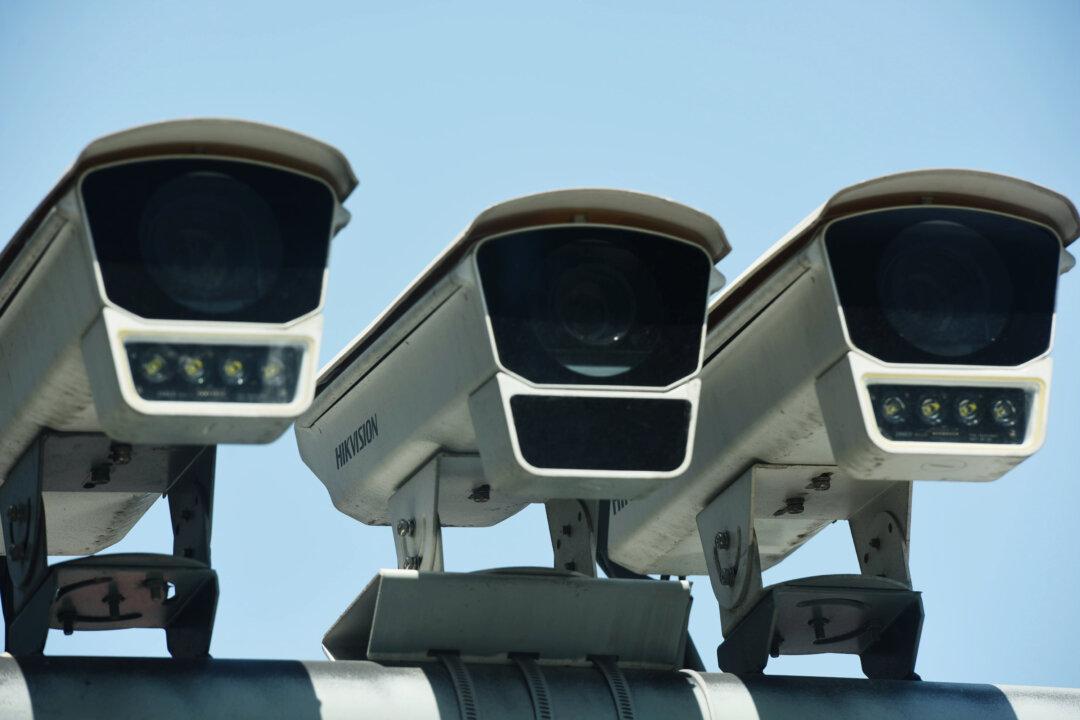The UK is facing “Huawei-level decisions on a range of security measures,” Alicia Kearns, chair of the Foreign Affairs Committee, said on Monday as she and a number of MPs called for tighter rules around public procurement.
The government “took too long” to strip Huawei—a Chinese telecommunications giant—from the UK’s 5G network, the Conservative MP said during the second reading of the Procurement Bill, adding that there are “tens of examples” of other Chinese products in the UK’s public supply chain, such as DJI drones, Hytera body cameras, and Hikvision cameras.





